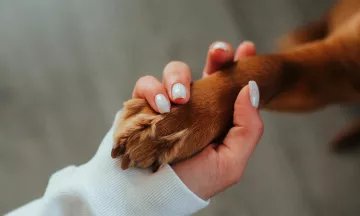House plants to avoid if you own a cat
Domestic cats are carnivores, although many cats love some greens on the side. Unfortunately, many plants and veggies are very unsafe for your cat. In fact, some plants are very toxic to cats and should be kept out of your home entirely.
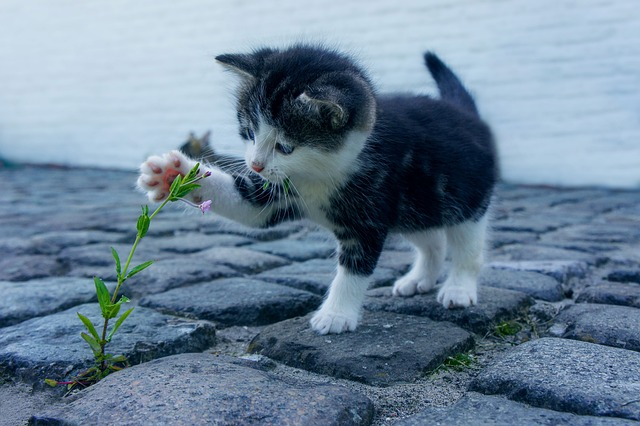
What toxic plants should you keep away from your cats? And what plants are safe alternatives? This is super important for all cat owners to understand so you can make a safe environment for your cat.
What symptoms to expect if a cat eats a toxic plant
If a cat eats a toxic plant, the consequences can vary depending on the type of plant and how much they eat. You may simply have a sick cat for a few hours but, at worse, the cat can suffer from serious illness and even death. Toxic plants can disrupt the healthy function of your cat's gastrointestinal tract and other internal organs, which can quickly become life-threatening.
Cat owners: if you suspect your cat has nibbled on a poisonous plant, here are some symptoms to look out for.
Difficulty breathing
Abdominal pain (you might notice when you pick your cat up)
Twitching or trembling
Drinking water excessively
Difficulty swallowing or drooling
Fainting or coma
Call your local pet poison helpline if you suspect that your cat has eaten a poisonous plant.
Needless to say, don't wait to take your cat to the vet in case of a medical emergency. Time is of the essence, so move quickly if you suspect your cat needs medical attention.
Which vegetables are poisonous for domestic cats?
The list of vegetables that are toxic for cats is very long. In fact, unless you know what you are feeding your cat is safe, it is best to avoid vegetables altogether.
For starters, the nightshade family is highly toxic to cats. This includes tomatoes and eggplants, which you should keep well out of reach of cats.
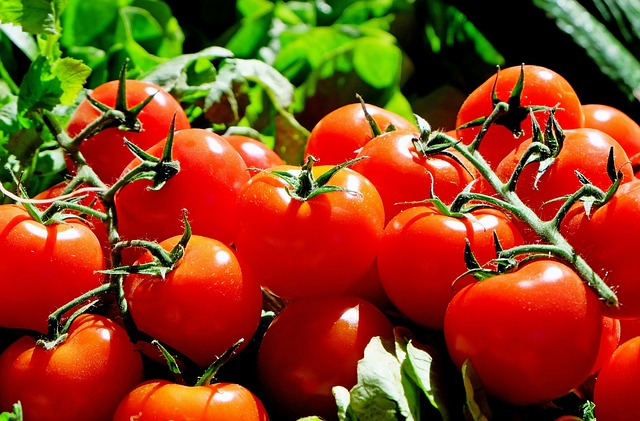
Furthermore, onions, garlic, grapes, and avocados are also toxic to cats. Don't leave these veggies lying around and never feed them to your cat.
Which plants are poisonous for cats?
Fortunately, cats are pretty smart creatures! Most cats usually avoid poisonous plants as they have a bitter taste. Plus, some of the most poisonous plants are only dangerous when ingested in large quantities. Still, it is safest to avoid growing any poisonous plants around your house or to keep them out of your cat’s reach. This is particularly the case when it comes to young cats, who might be more curious about taking a bite.
These common plants should be avoided to keep your domestic cat safe and sound:
Amaryllis
Autumn Crocus
Azaleas
Castor Bean
Chrysanthemum
Cyclamen
Daffodils
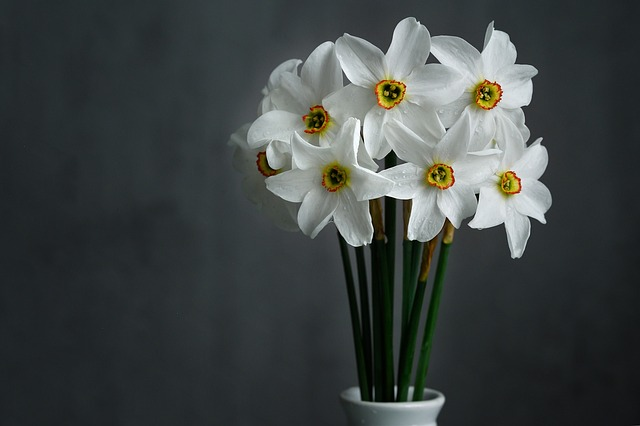
Daisies
Dieffenbachia
English Ivy
Hyacinth
Kalanchoe
Lily
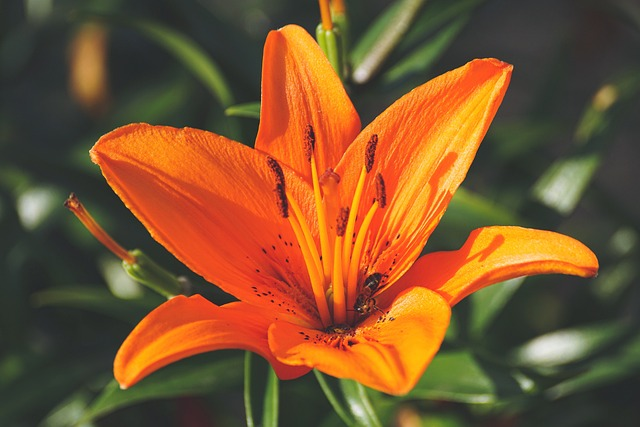
Lily of the Valley
Marijuana
Oleander
Peace Lily (including the lily plant)
Pothos, Devil’s Ivy
Rhododendrons
Sago Palm
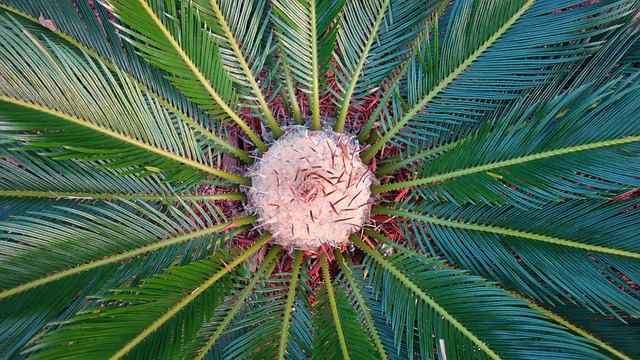
Spanish Thyme
Tulip
Yew
Remember, some of these would need to be eaten in large quantities to be dangerous. Whereas others are dangerous in tiny amounts. For further reading, here is a list of common flowers which are toxic to cats.
Which plants are safe for cats?
There are a number of indoor plants that are safe for domestic cats. This includes orchids, spider plants, dwarf fan palms, ferns, gerberas, and orchids.
Needless to say, your cat is not meant to eat those plants either! But if you love plants and want to keep your cat safe, these are a good choice.
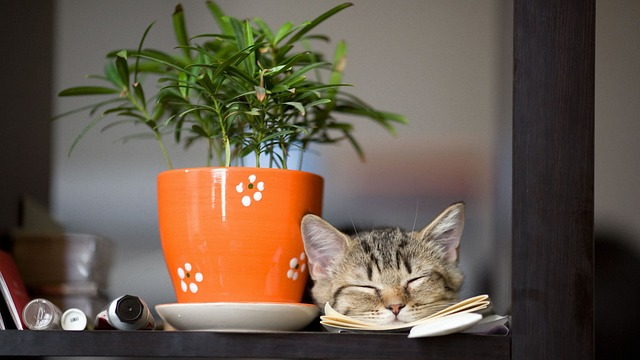
Why is my cat chewing on my house plants?
If your cat is chewing up your plants, it’s possible that they are looking for folic acid. Outdoor cats can get their daily dose by eating grass. However, grass can be more difficult to come by for indoor cats.
As such, it’s a good idea to plant a fresh pot of cat grass if you own a house cat. This will contain enough folic acid and most cats absolutely love it. A word of warning: your cat won't digest the grass and will often throw it up. However, don’t worry, that’s normal! Just clean it up - all sorted :-)
There are many places to purchase fully-grown cat grass for your house cat to munch on. Check out your local florist, plant stores, and pet supply stores. It’s also good fun to grow cat grass yourself! You can purchase seed trays and seeds at your local garden store, hardware store, or online.
What healthy snacks can I feed my domestic cat instead?
There are plenty of alternative snacks to feed your cat. For example, you can always offer your cat raw or dried meat, fish, or kibble treats. It's always best to feed your house cats meat instead of vegetables, as this is much healthier for your cat's body.
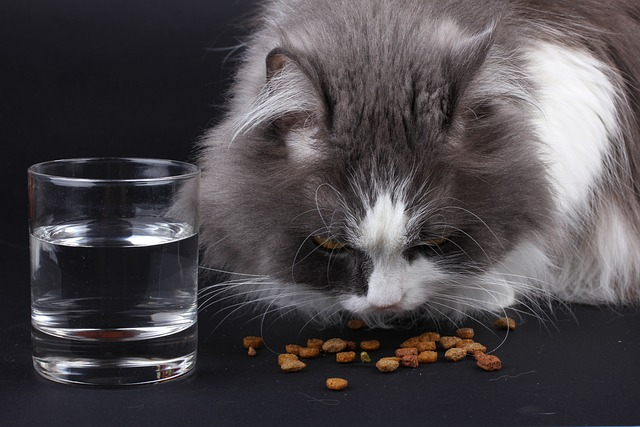
Do you need a cat sitter to keep your cat happy, safe, and purring while you are away? Click below to find a cat sitter near you.



